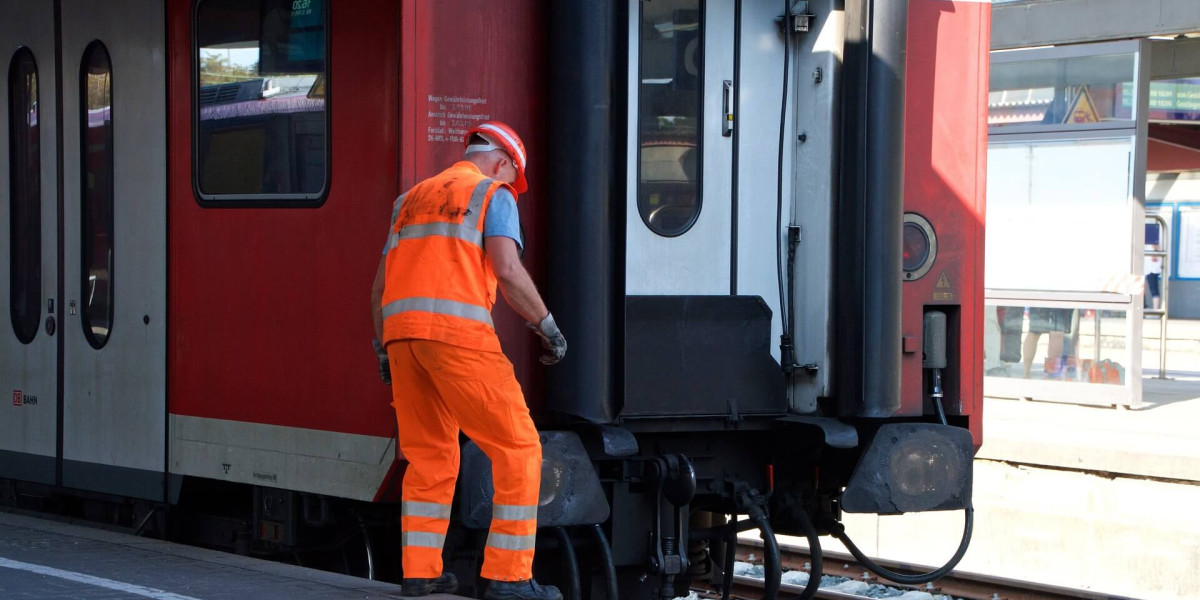Understanding Ignition Key Replacement: A Comprehensive Guide
In today's hectic world, where automobiles are an integral part of life, losing or harming the ignition key can cause considerable hassle. Ignition key replacement is a process that lots of vehicle owners deal with at some point. This article provides a thorough take a look at ignition key replacement car key near me, kinds of keys, the process included, and answers to regularly asked questions.

What is an Ignition Key?
An ignition key is a small metal things created to run the ignition system of an automobile. It enables the chauffeur to begin the car's engine, and in many modern cars, it likewise supplies access to extra functions, such as locking and opening doors and activating security systems.
Types of Ignition Keys
There are numerous types of ignition keys, each with unique features and mechanisms. Comprehending these differences can help vehicle owners understand what to anticipate when replacing ignition keys.
1. Conventional Car Keys
Standard keys are easy metal keys cut to fit a particular ignition cylinder. This type of key is the most fundamental and is commonly discovered in older lorries.
2. Transponder Keys
Modern cars often come equipped with transponder keys that have a small microchip embedded within them. This chip sends a signal to the coded car key replacement's ignition system, making sure that only the correct key can start the engine. Transponder keys offer additional security however can be more costly to replace.
3. Switchblade Keys
Switchblade keys are a hybrid of standard and transponder keys. They feature a collapsible design that retracts into the key fob. When needed, the key turns open, looking like a switchblade knife. This design is both compact and stylish.
4. Key Fobs and Smart Keys
These are the most sophisticated ignition keys. Key fobs generally include both ignition and remote key replacement near me control functions that enable the driver to unlock doors and begin the engine without inserting a key (keyless entry and start). Smart keys use proximity sensors to identify the key fob within a certain range, making it possible for push-button start performance.
The Ignition Key Replacement Process
Replacing an ignition key can vary in intricacy depending on the type of key and the vehicle's make and design. However, the basic procedure is laid out below:
Step-by-Step Guide to Ignition Key Replacement
Report the Lost Key: If the key is lost or taken, it is vital to report it to local authorities and alert your insurance provider.
Gather Necessary Information: The vehicle owner must gather all appropriate info, such as the make, model, year of the vehicle, and vehicle recognition number (VIN).
Check out a Locksmith or Dealer: Choose in between a locksmith concentrated on automotive keys or a car dealer. Each option has advantages and disadvantages regarding rate and timing.
Provide Proof of Ownership: Regardless of who you approach for key replacement, be prepared to show proof of ownership, such as the vehicle title or registration.
Produce a New Key: Depending on the key type, the locksmith professional or dealer will cut a traditional key or program a transponder, key fob, or clever key.
Test the New Key: Once the key is created, it's vital to evaluate it to ensure it works seamlessly with the vehicle's ignition system.
Prospective Costs Involved
Below is a table highlighting the potential expenses associated with ignition key replacement based on the kind of key:
| Type of Key | Typical Cost | Key Features |
|---|---|---|
| Traditional Key | ₤ 10 - ₤ 40 | Fundamental key, no transponder |
| Transponder Key | ₤ 50 - ₤ 150 | Microchip innovation for improved security |
| Switchblade Key | ₤ 80 - ₤ 200 | Integrates standard key functions with design |
| Key Fob/Smart Key | ₤ 200 - ₤ 500+ | Advanced performance with keyless entry |
Frequently Asked Questions (FAQs)
1. How long does it take to replace an ignition key?
The time required to replace an ignition key can differ, normally varying from 10 minutes to an hour, depending upon the key type and the company's abilities.
2. Can I replace a lost key myself?
While creating standard keys can in some cases be made with DIY packages, contemporary transponder and key fob systems normally need specific devices and programs, making it recommended to seek professional support.
3. What to do if I lose my key fob?
If you lose your key fob, it can often be reprogrammed for a charge by a locksmith or dealership, who can create a new one to ensure that no unapproved parties can access your vehicle.
4. Will my insurance cover key replacement?
Many auto key fob replacement insurance coverage supply protection for lost or taken keys. It is advisable to examine your policy or contact your insurance company to verify your protection information.
5. Are there precautions to avoid losing ignition keys?
- Keep spare keys in a safe location.
- Use keychain organizers to decrease the opportunity of misplacing them.
- Think about getting a Bluetooth tracker for your keys.
Ignition key replacement is an important element of vehicle maintenance that every car owner should be conscious of. Understanding the types of ignition keys, the replacement process, and associated costs can assist simplify the experience. Being proactive about key management can significantly lessen the trouble and expense when faced with the prospective loss or damage of an ignition key. Vehicle owners are encouraged to keep informed about their alternatives to guarantee they are ready must they ever discover themselves in need of an ignition key replacement.








